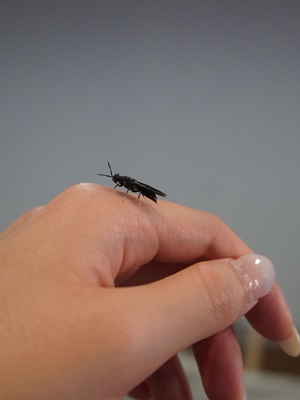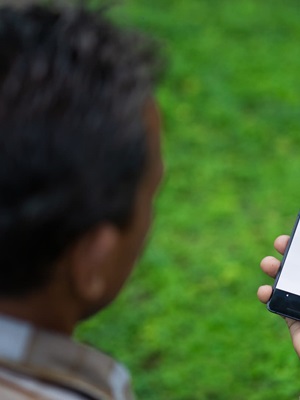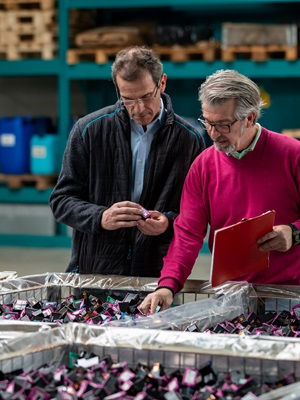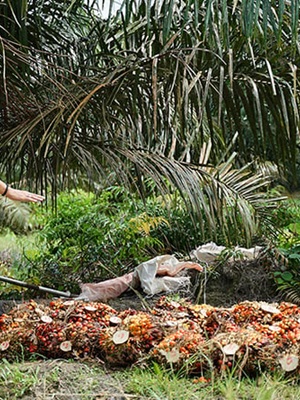It started with a banana peel and a quiet sort of guilt.
I had just watched a documentary about landfills, the kind that leaves you staring at your dinner scraps like they're secrets you've been hiding from the earth. So instead of tossing the peel into the dustbin, I searched "how to compost at home" and began a journey that felt small, maybe even silly, but quietly revolutionary.
Because what is compost, really?
It's rot. It's decay. But it's also rebirth. A second chance. An act of returning what never truly belonged to us. And for me, it became a metaphor for something bigger: a way to survive the overwhelming grief of a planet unraveling.
The more I composted, the more I began to notice the waste I created. The things I threw away without thought. The packaging, the plastics, the perfectly edible food I let go bad because convenience had become a habit. I had been taught to consume, not to care.
But composting isn't just about sorting trash. It's about noticing. It's about pausing. It's about saying: "You matter", to the peel, to the soil, to the worm.
I started cutting back on plastic. I carried cloth bags. I saved vegetable water for plants. I reused, recycled, and learned to fix things instead of replacing them.
These were not loud, impressive acts. But they were mine. They made me feel like I was doing something, anything, in a world where it often feels like nothing we do is enough.
The truth is, climate change is overwhelming. The glaciers are melting. The oceans are choking. Entire species are vanishing. What difference does one compost bin in one apartment make?
Maybe none. But maybe that's not the point.
Hope isn't always loud. Sometimes it's a quiet pile of soil, rich and dark and smelling like rain. Sometimes it's a seedling that pushes through compost-rich earth and says, "I'm still here." Sometimes it's choosing to care even when the headlines tell you not to bother.
I once read that composting is a way of loving the future. It means believing there will be a future. That someone, someday, might plant tomatoes in the ground you kept alive. That even in decay, there's possibility.
And that's the radical part.
Because it's easy to give up. To scroll past wildfires and floods and plastic-choked rivers and believe we're too far gone. But small actions are not small when they are multiplied by millions. And even if the world doesn't notice, the soil does.
This isn't a call for perfection. It's a call tor presence.
The climate crisis isn't just a technical issue, it's emotional. It's about grief and guilt and feeling helpless. But it's also about finding meaning in the smallest acts. About building resilience in our homes, our habits, and our hearts.
It's about turning banana peels into soil.
And soil into tomatoes. And tomatoes into meals shared with others who also believe that change can grow from the ground up.
Posted 12/09/2025

















